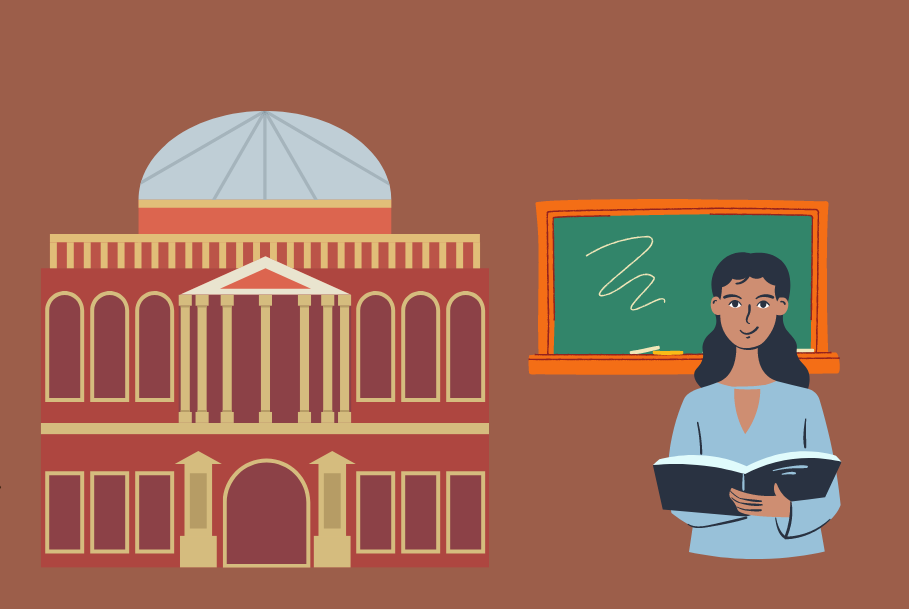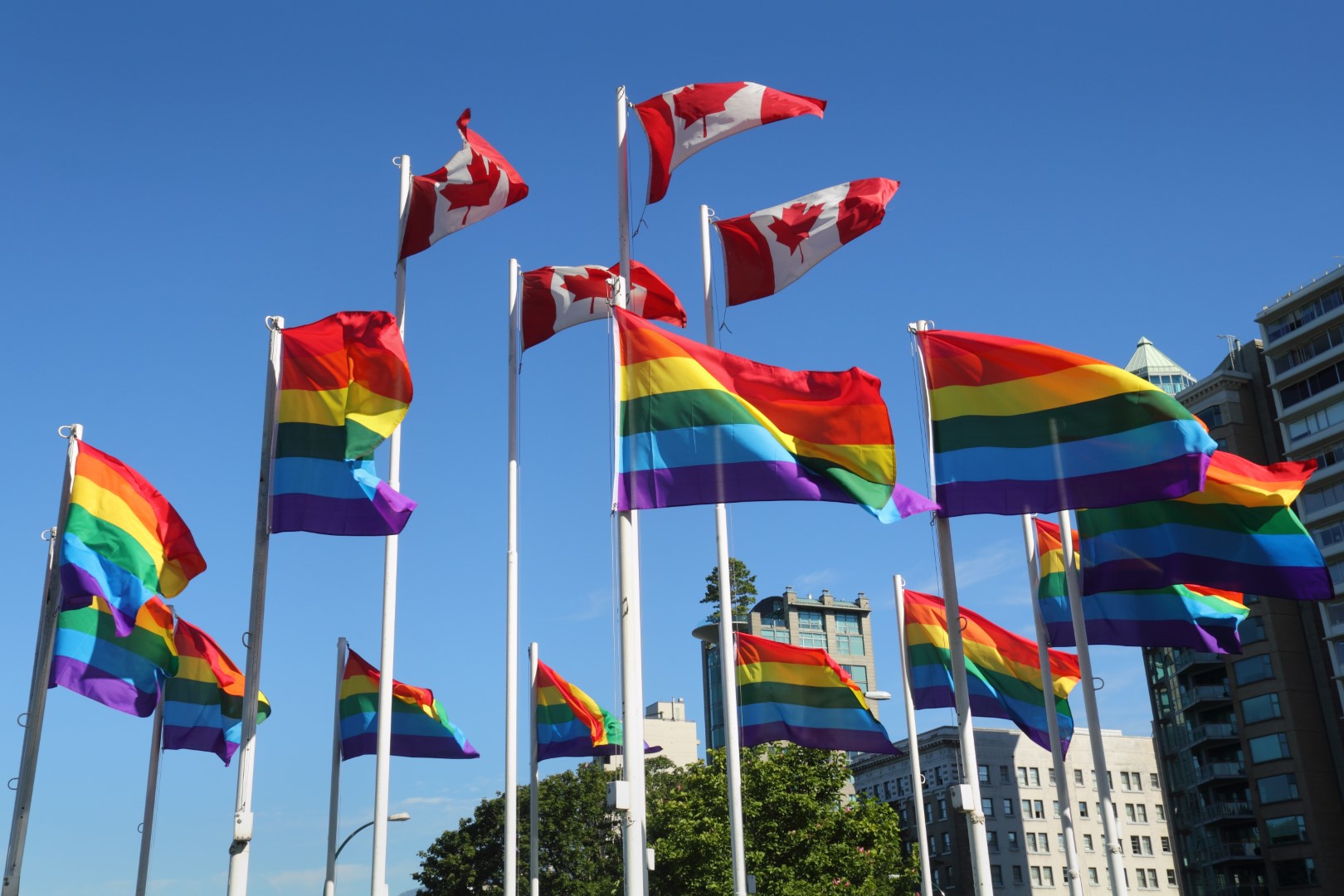
For all that I respect Bansal and the 2300 plus petition signers’ concerns, I am afraid that they have overlooked the gruesome mental and physical health damages that students have felt over the past two years.
We should start putting the past two years of anxiety behind us
By Matthew Fraser, Editor in Chief
I understand and respect the caution that many people feel in the face of COVID-19. I certainly acknowledge that for some people, a risk of being infected with the virus is an increased risk of spreading it to a vulnerable loved one. As such, I don’t claim to have the ultimate answer to their fears. However, I am concerned that we as a culture, both the small group identity of Douglas College students and the wider group of BC residents have begun to give up on the possibility of a life without COVID-19 anxiety.
Recently, one of my Douglas College peers started a petition on change.org urging Douglas to close its doors to in-person learning and return to online classes in the face of the Omicron spread. Payal Bansal, the creator of this petition, explains that the student body is concerned with the possibility of contracting the virus due to small class sizes. Bansal continues by pointing out that other post-secondary institutions including SFU, UBC and UVIC: “have prioritized the safety of students and staff by [extending] online learning.” Later in the petition, Bansal argues that infection will result in missed classes and attendant negative impacts on learning.
For all that I respect Bansal and the 2300 plus petition signers’ concerns, I am afraid that they have overlooked the gruesome mental and physical health damages that students have felt over the past two years. For many students, online classes have meant a withdrawal from the outside world and near-permanent enforcement of isolation. As gyms open and close sporadically, while restaurants and other social gathering places wither under restrictions, the personal connections that make life wonderous have been clipped at the roots. This ongoing destruction of human-to-human contact has seen its negative effects be most felt in the reported levels of mental unwellness and even physical unwellness. The pandemic has shown us the fragility of health in more ways than just one.
In a December 30 interview with CBC News BC Provincial Health Officer Dr. Bonnie Henry anticipated the end of the pandemic. In the interview, Henry references the high rate of vaccination as part of what will lead to the endemic stage of COVID-19. Henry cautiously predicted that the seasonal shift to spring coupled with the increasing rate of child vaccination should herald the beginning of the endemic future. Though I respect the rationality behind the petition, the fear that it represents may be turning too many people away from the future that is ahead of us. Two full years into what shall soon no longer be a pandemic, we should not be relying on the same answers we used in the first month. Whether we like it or not, we could not fully contain the spread despite our best lockdown efforts; we must embrace the ongoing advances we have made.
On January 14, the Vancouver Sun published an article relaying expert opinion that the Omicron peak is likely behind us. The article states clearly that: “by mid-February, hospitalizations from this latest wave will have dropped off steeply to a handful a day, modelling forecasts from the province predict.” In that same article, Dr. Bonnie Henry is quoted as saying: “[we are] learning to live with this virus.” With absolutely zero condescension or malice I say that we must move away from our longstanding pandemic anxiety and learn to live with the virus. Science and best efforts have attempted to eradicate the disease and they have failed. We can live with this given that severe illness is overwhelmingly stopped by vaccination. We must put the pandemic anxiety behind us.



